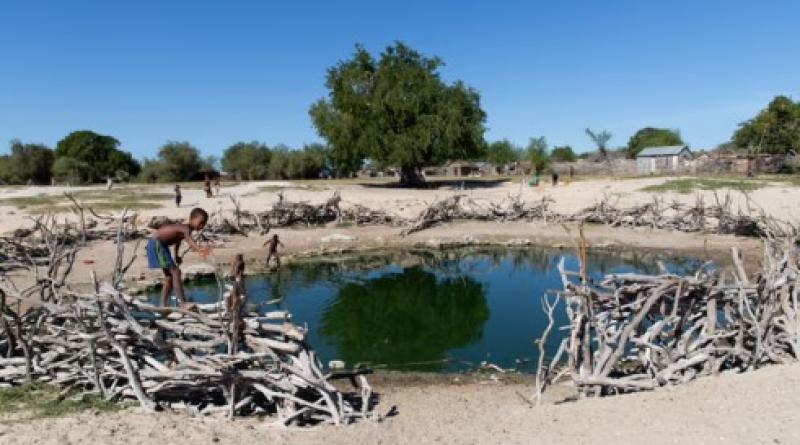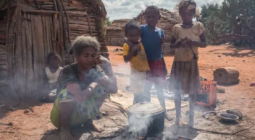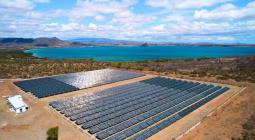Madagascan heatwave ‘virtually impossible’ without human-caused global heating

Study finds impact of heat on millions of people went unrecorded, highlighting limitations many African countries face
A record-breaking heatwave in Madagascar in October would have been “virtually impossible” without human-caused global heating, a study has shown.
The extreme temperatures affected millions of very poor people but the damage to their lives was not recorded by officials or the media. Many governments in Africa lack the capabilities to record climate impacts. The scientists behind the report said this lack of information made implementing measures to avoid deaths very difficult.
The study linking the prolonged heatwave to the climate crisis was the first in sub-Saharan Africa and found temperatures were 2.5C higher than the recent average. Antananarivo, the capital of Madagascar and home to more than 3 million people, suffered some of the most unusual heat. If continued fossil-fuel burning pushes global temperature up to 2C above pre-industrial levels, this intensity of heatwave would be expected every five years, the researchers calculated.
Hundreds of climate studies have now shown that human-caused global heating is making extreme weather more frequent and more intense across the world. Heatwaves alone are likely to have caused millions of unreported early deaths over the last three decades.
Funding from wealthy countries to help the developing world cope with climate impacts will be a key topic at the UN Cop28 climate summit that begins on 30 November.
Dr Rondrotiana Barimalala, an oceanographer from Madagascar now at the Norwegian Research Centre in Bergen, said: “Madagascar is already being impacted by climate change, making life harder for millions of people. It is critical communities and governments take steps to become more resilient.”
More than 90% of the country’s residents live in poverty, half do not have access to clean water or electricity, and many live in informal housing, making it hard to deal with extreme heat.
Dr Izidine Pinto, a climatologist at the Royal Netherlands Meteorological Institute, said: “Africa is notorious for the underreporting of heat impacts. Many countries experiencing poverty just don’t have the means to manage extreme heat.”
Sayanti Sengupta of the Red Cross Red Crescent Climate Centre said: “Just because it’s not reported does not mean it’s not impacting – it is for sure.” She added that night-time temperatures had made it hard for children to breathe during the heatwave, according to anecdotal reports.
Global temperature records have been shattered in 2023, and leading climate scientists told the Guardian in August that the “crazy” extreme weather was just the “tip of the iceberg” compared with the even worse impacts to come.
The new study was conducted by the World Weather Attribution group. The researchers used weather data and climate models to see how the intensity and frequency of heatwaves in Madagascar today compared with those before global heating pushed up the planet’s temperature.
Dr Friederike Otto, a senior lecturer in climate science at Imperial College London, said: “Climate change is a problem created and made worse by the richest countries and companies, but the poorest are suffering the most. At Cop28, we need commitments from developed countries to deliver finance to the loss and damage fund.”
Photograph: Karel Prinsloo/UNICEF






